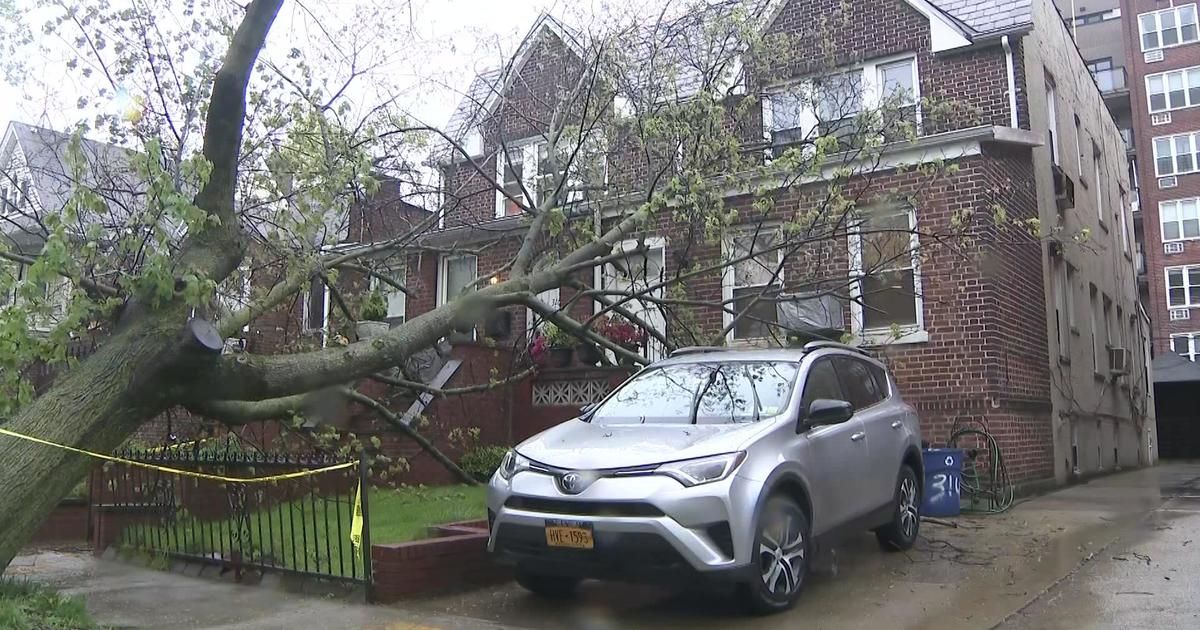Bacteria Blamed For Dog's Death Could Pose Health Hazard To Humans As Well
SOUTHAMPTON, N.Y. (CBSNewYork) -- A deadly bacteria has already been blamed for the death of a pet in East Hampton, but it could be a threat to people, too.
A Jack Russell Terrier became thirsty during a romp with his owners and decided to drink from a Hamptons pond. He later began convulsing and died.
A test showed that he was filled with cyanobacteria. The contaminated water tested positive for blue-green algae, the same type of algae that has made a new home for itself in parts of Southampton.
"We have to get rid of the algae. I think and we have to be careful with our children," resident Car Ansley told CBS 2's Jennifer McLogan on Thursday.
The algae can be toxic to both animals and humans. It has been known to cause liver and nervous system damage, as well as skin, eye, nose, and throat irritation, as well as inflammation of the respiratory tract, experts said.
The first confirmed locations of the algae this summer were at Mill Pond in Water Mill and Agawam Lake in Southampton Village, officials said. Nither of those locations has a swimming beach, but both are filled with fish and fowl.
Experts said that residents need to understand the risk that the algae poses.
"The basic message should be, if you see a pond or lake and it has that greenish color you should keep your kids and pets away, because there is that risk," said Christopher Gobler, a marine and atmospheric science professor at SUNY Stony Brook.
Gobler is studying the algae and said that it often blooms when there is heat and low water flow with high levels of nutrients like nitrogen and phosphorus.
Southampton has fought back with a promising solution.
"We selected a phoslock, a natural mineral from Australia. It absorbs huge amounts of phosphorous," Southampton Trustee Fred Havemeyer said.
An experimental treatment is slated for spring 2014. Results will be tracked and environmentalists said it will provide a safe defense against blue-green algae. Scientists attribute the algae to fertilizers, septic tanks, and storm runoff.
You May Also Be Interested In These Stories



